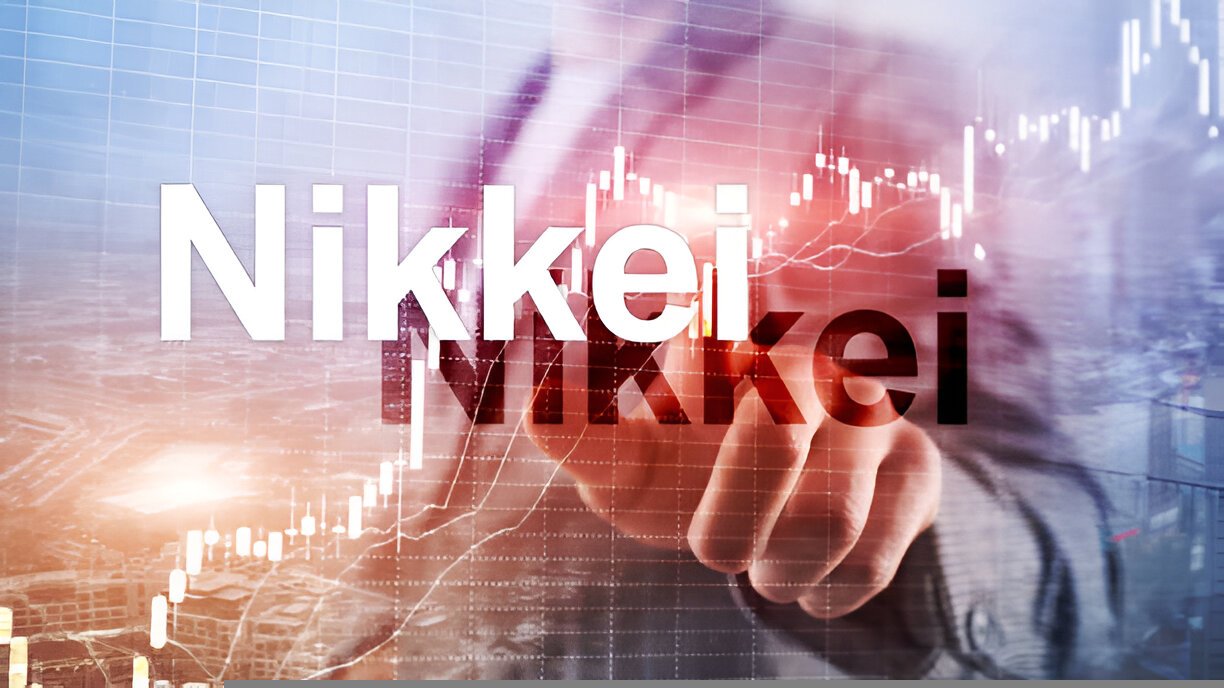As someone who has spent years analyzing global financial markets, I find the Nikkei Stock Average one of the most fascinating yet misunderstood indices outside Japan. If you’re a U.S. investor looking to diversify or simply understand how Japan’s stock market works, this guide will break down everything you need to know—from its calculation method to its historical significance and how it compares to the S&P 500.
Table of Contents
What Is the Nikkei Stock Average?
The Nikkei 225, often called the Nikkei Stock Average, is Japan’s premier stock market index. It tracks the performance of 225 large, publicly traded companies listed on the Tokyo Stock Exchange (TSE). Think of it as Japan’s equivalent to the Dow Jones Industrial Average (DJIA)—it’s price-weighted and represents a cross-section of Japan’s corporate giants like Toyota, Sony, and SoftBank.
A Brief History
The Nikkei was first published in 1950 by the Nihon Keizai Shimbun (Japan’s leading financial newspaper). Its value is calculated in yen, and unlike the S&P 500, which is market-cap-weighted, the Nikkei uses a price-weighted methodology. This means higher-priced stocks have more influence, regardless of company size.
How Is the Nikkei Calculated?
The Nikkei’s formula is straightforward but has quirks that set it apart from U.S. indices. The index value is derived using:
\text{Nikkei 225} = \frac{\sum_{i=1}^{225} P_i}{\text{Divisor}}Where:
- P_i = Stock price of the i^{th} company
- Divisor = A normalization factor adjusted for stock splits, dividends, and other corporate actions
Example Calculation
Suppose the Nikkei has three hypothetical stocks:
| Stock | Price (¥) |
|---|---|
| A | 10,000 |
| B | 20,000 |
| C | 30,000 |
If the divisor is 60, the Nikkei would be:
\text{Nikkei} = \frac{10,000 + 20,000 + 30,000}{60} = 1,000This means Stock C (¥30,000) has three times the impact of Stock A (¥10,000), even if Stock A is a larger company by market cap.
Comparison with the S&P 500
| Feature | Nikkei 225 | S&P 500 |
|---|---|---|
| Weighting Method | Price-weighted | Market-cap-weighted |
| Number of Stocks | 225 | 500 |
| Rebalancing | Annually | Quarterly |
| Currency | Yen (¥) | USD ($) |
The Nikkei’s price-weighting can lead to distortions. For example, a high-priced stock like Fast Retailing (Uniqlo’s parent company) has an outsized impact, even if its market cap isn’t the largest.
Why Should U.S. Investors Care?
1. Diversification Benefits
Japan’s economy doesn’t always move in sync with the U.S. market. When the S&P 500 struggles, the Nikkei might hold steady (or vice versa).
2. Currency Fluctuations Matter
Since the Nikkei is yen-denominated, a weakening yen (relative to the dollar) can erode returns for U.S. investors. For example:
- Scenario: You invest ¥100,000 when ¥1 = $0.01 ($1,000 initial investment).
- After 1 year: Nikkei rises 10%, but yen weakens to ¥1 = $0.009.
- Final value: ¥110,000 × 0.009 = $990 (a net loss despite the index gain).
3. Sector Composition Differences
The Nikkei is heavily weighted toward industrials, consumer goods, and technology, whereas the S&P 500 leans into tech and healthcare.
Historical Performance & Crises
The Nikkei’s most infamous moment was the 1989 bubble peak, when it hit 38,915.87. It then crashed and didn’t recover until 2023—a 34-year slump.
Key Events:
- 1989: Bubble bursts due to excessive speculation.
- 2011: Fukushima disaster causes a temporary plunge.
- 2020: COVID-19 crash, followed by a strong recovery.
How to Invest in the Nikkei from the U.S.
You can’t buy the Nikkei directly, but you can invest via:
- ETFs (e.g., iShares MSCI Japan ETF (EWJ) or MAXIS Nikkei 225 ETF (NKY)).
- Futures & Options (Traded on the CME).
- ADRs (American Depositary Receipts) of Japanese stocks like Toyota (TM).
Final Thoughts
The Nikkei 225 offers a unique window into Japan’s economy. Its price-weighting makes it volatile, but for U.S. investors, it’s a tool for diversification and hedging. Keep an eye on yen movements and sector biases—they can make or break your returns.





